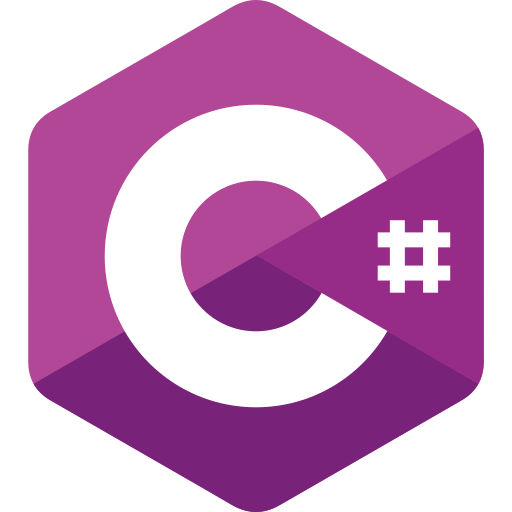Code Pattern
 Back-End
Back-End
Developers spend more time reading source code than writing one. To increase the professional’s productivity, a code that is easy to read and understand makes a difference.
Clean Code addresses very relevant points for a more readable code. However, there is an additional approach: Code Standardization.
The idea is that the team not only receives clean code but also a code style that they are already familiar with and used to dealing with on a daily basis. For this, all developers on the team must write in the same style. Style that will be defined in a best practices document for the team.
Below is a markdown template from a code pattern documentation.
Nomenclature
| ELEMENT | PART OF SPEECH | RULE | EXAMPLE |
|---|---|---|---|
| Class | Substantive | PascalCase | Product |
| Interface | Substantive | I+PascalCase | IProduct |
| Method | Verb | PascalCase | ListTickets |
| Property | - | PascalCase | Tickets |
| Public Variables | - | camelCase | idProduct |
| Private Variables | - | _+camelCase | _totalReceipt |
| Constant | - | PascalCase | PageTitle |
Indentation and Spacing
{
workingDays++; // ✅ 4 spaces
workingDays++; // ❌ no spacing
workingDays++; // ❌ 2 spaces
}
#####
Each line should contain only one code statement.
❌
i++; counter++; _totalReceipt=0;
✅
i++;
counter++;
_totalReceipt=0;
General rules
- Numeric type of monetary values must be
decimal
✅private decimal annualBilling;
❌private double annualBilling;
❌private float annualBilling; - Every
Exceptionmust be logged.
Performance
- Avoid using
ToList(), it causes all records to be loaded into memory. PreferIQueryableandIEnumerablereturns, and only pop into memory when needed. - Release the resources you take, using
Usingin theIDisposableclasses (Example:sqlConnetion). Preferusingtotry/finally. - Use
early returninstead of multiple nested IFs.
Automated tests
- Automated tests should be easy to read, short and only test one thing. Use the default
Arrange/Act/Assert.